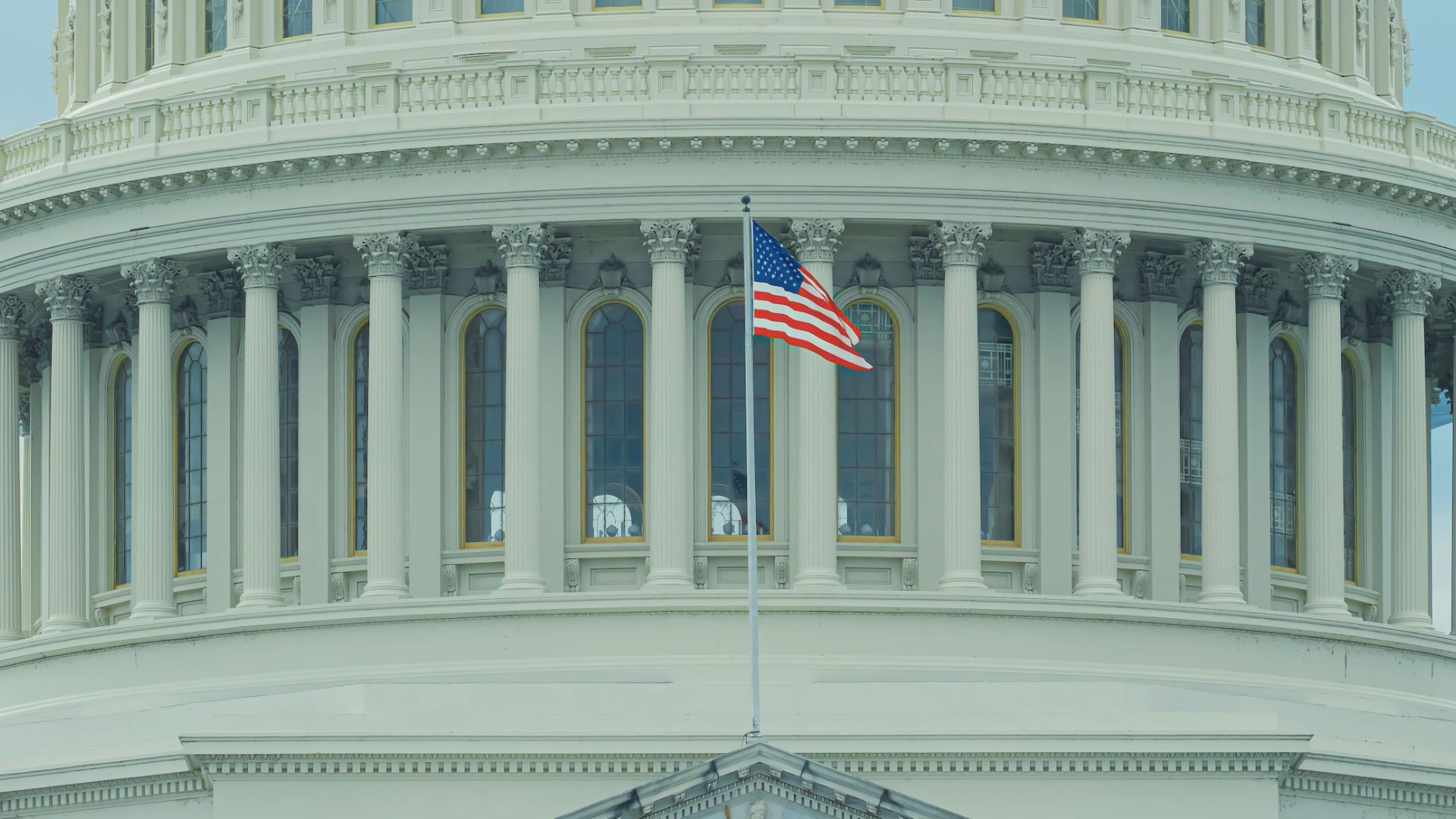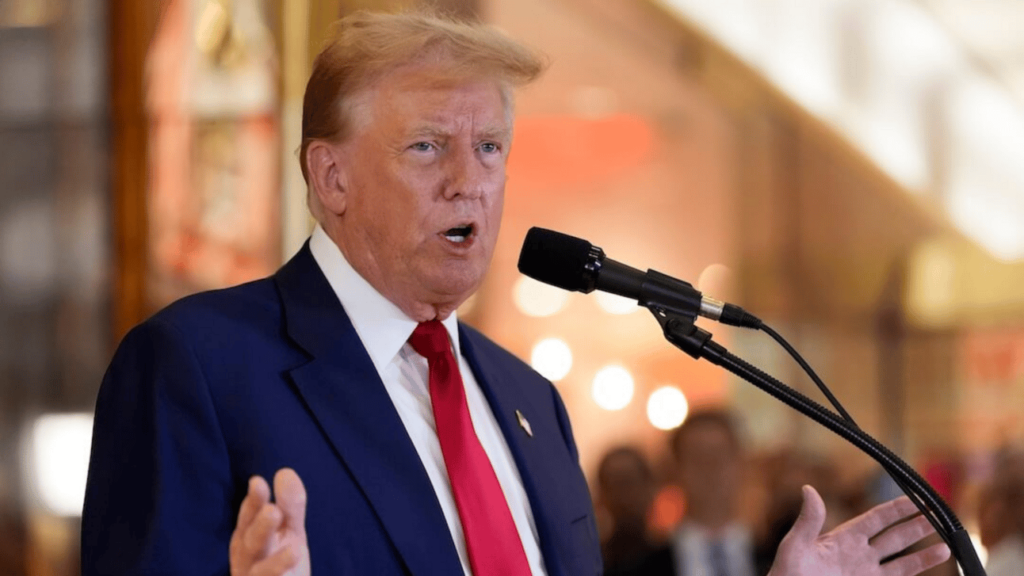Senate releases ‘big, beautiful bill’: A mixed bag for contractors
The Senate's version of the 'big, beautiful bill' deals a key blow to the HVAC industry, but maintains some contractor-friendly proposals

Image: Crux
A Senate committee on Monday published its portion of the ‘big, beautiful bill,’ just weeks after the House passed its version, dealing a key blow to the HVAC industry — but maintaining some contractor-friendly proposals.
Shot through the heart: The draft, like the House’s, calls for terminating Sections 25C and 25D — federal tax credits that allow consumers to claim up to thousands of dollars a year on their tax returns for installing qualifying HVAC equipment — at the end of this year.
- While the bill is technically still a work in progress, since both the House and Senate have now proposed nixing the credits, their elimination is “about as certain as anything gets with Congress,” HARDI’s Alex Ayers tells Homepros.
What they’re saying: “Taken together,” ACCA writes, referencing the credits, along with two others, “these rollbacks would mark the most significant federal retreat from promoting high-efficiency HVACR and building envelope upgrades in over a decade.”
Meanwhile…
The Senate’s proposal maintains a handful of contractor-friendly changes included in the House’s bill, but with some tweaks.
Pass-through deduction. The text proposes making Section 199A — which allows contractors operating as S-corps, LLCs, and sole proprietorships to exclude up to 20 percent of qualified earnings from federal income tax — permanent, but keeps the threshold at 20 percent, whereas the House proposed raising it to 23 percent.
Bonus depreciation. Currently set to hit zero percent by 2027, the Senate proposes permanently increasing the bonus depreciation allowance to 100 percent for qualified property, like equipment and other assets, acquired and placed in service on or after January 19, 2025. The House’s bill also implements the 100 percent figure, but only through 2029.
Overtime taxes. Under both drafts, employees earning up to $150,000 a year would no longer be required to pay federal income taxes on overtime pay from tax year 2025 through 2028, but the Senate’s version caps the deduction at $12,500 for individuals and $25,000 for joint returns.
What’s more
Like the House, Senate lawmakers propose expanding 529 savings plans — investment accounts that Americans can tap to cover qualified educational expenses without paying federal taxes — to a wider range of workforce initiatives, allowing families to use them to pay for apprenticeships, licensing, and industry-recognized certifications.
Monday’s text also provides relief on estate taxes, as the amount of an individual’s assets exempt from federal estate or gift taxes in the case of death or gifting would increase to $15 million starting next year, permanently, and be indexed to inflation going forward.
What’s next
Senate Republicans are working to pass their version of the bill as soon as next week, “with the aim,” the Wall Street Journal notes, “of getting a final deal back through the House and to President Trump’s desk by July 4.”
📬 Get our stories in your inbox
Keep reading
Congress kicks off budget talks with HVAC incentives on the table
As the House and Senate begin negotiating a unified federal budget plan, several developments impacting contractors are up for discussion
HVAC distributor sales pop 14% to close out 2024
December marked the best sales growth month of 2024 for HARDI distributors, according to its latest Trends report
How a Trump presidency could impact the HVAC industry
A second Trump term could bring changes to the Inflation Reduction Act, tax credits, and workforce policy


